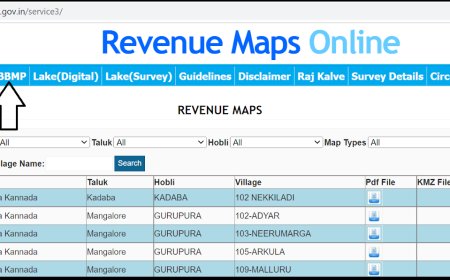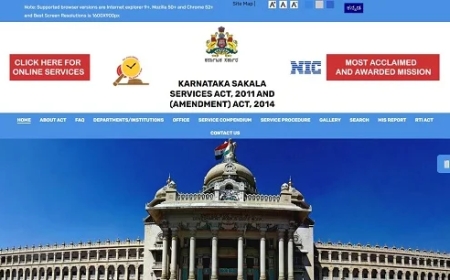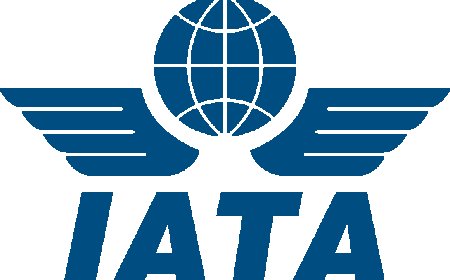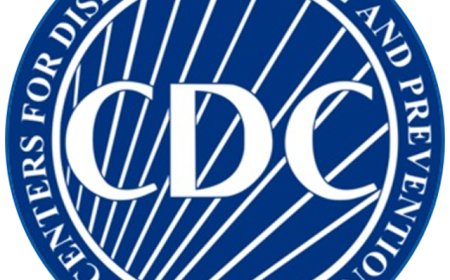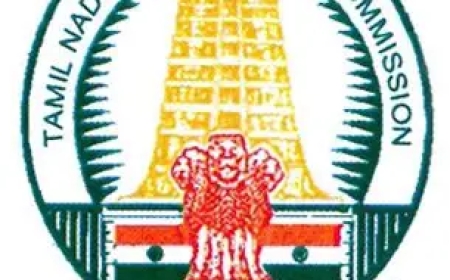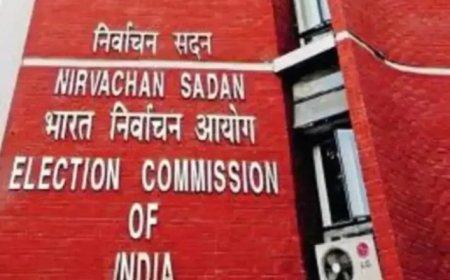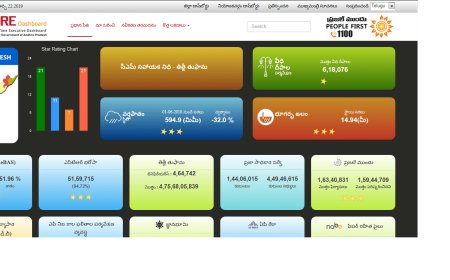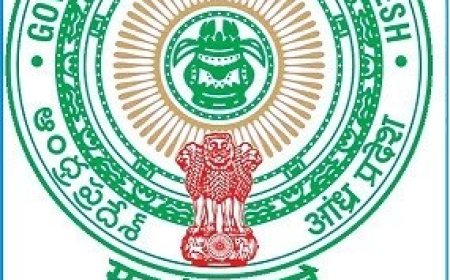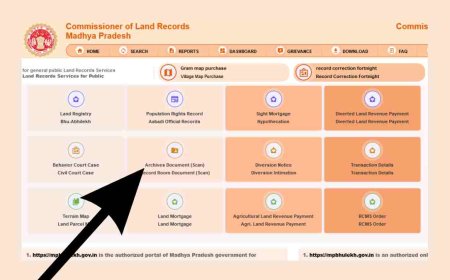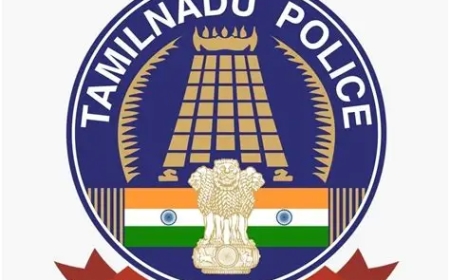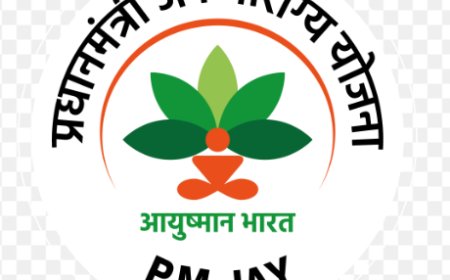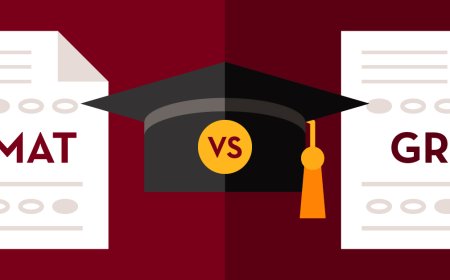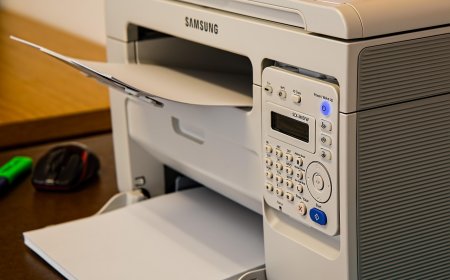Japan’s Top Negotiator Champions Tariff Agreement with the US


Japan’s Commitment to International Agreements
Akazawa firmly rejected any notions that the U.S. and Japan might interpret their agreement differently. He emphasized, “Regardless of who assumes the role of prime minister, Japan has a longstanding tradition of upholding its international commitments. We have consistently honored agreements made with our allies.”
The envoy highlighted the delicate task Japan’s negotiators faced in balancing national interests with the strategic alliance with the U.S., which remains Japan’s primary security partner.
“In any governmental negotiation, there will inevitably be voices claiming Japan conceded too much,” he remarked. “However, diplomacy is about nurturing relationships, not merely focusing on figures.”
Responses from Washington and Tokyo
U.S. officials have praised the agreement as evidence of efforts to create a fairer global trade environment. Commerce Secretary Howard Lutnick stated that the deal “restores fairness” and ensures “American workers are no longer disadvantaged by foreign exporters benefiting from skewed terms.”
In Japan, business leaders expressed cautious optimism. The Japan Business Federation (Keidanren) acknowledged the deal’s provision of “short-term stability” but cautioned that ongoing tariffs could eventually harm the competitiveness of Japanese exports.
Financial experts observed that the agreement might reduce uncertainty in financial markets, which had been unsettled by earlier aggressive tariff discussions. “Markets are reacting positively as it mitigates the immediate risk of escalation,” noted Miki Tanaka, an economist at Nomura Securities in Tokyo.
Nevertheless, economists caution that Japan’s export-reliant economy is facing increasing challenges due to slowing global demand, rising production costs, and a strong yen.
What's Your Reaction?
 Like
0
Like
0
 Dislike
0
Dislike
0
 Love
0
Love
0
 Funny
0
Funny
0
 Angry
0
Angry
0
 Sad
0
Sad
0
 Wow
0
Wow
0




